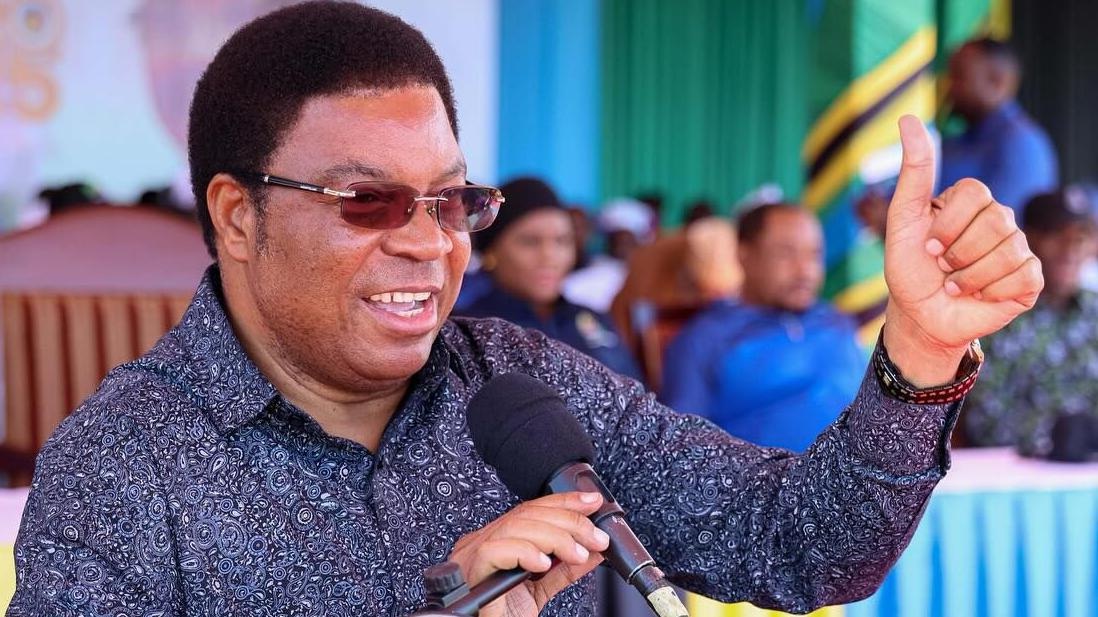In a surprise announcement that has stirred the political waters of Tanzania and beyond, Prime Minister Kassim Majaliwa has declared that he will not seek re-election in the upcoming parliamentary polls, effectively stepping away from one of the country’s highest political offices.
The 64-year-old leader, who has served as Tanzania’s prime minister since 2015, made the announcement on Wednesday, July 2, 2025, just a week after reaffirming his intention to run for another term.
Majaliwa’s decision marks the end of a political era.
The soft-spoken but influential leader has represented the coastal constituency of Ruangwa since 2010 and had previously stated in September 2023 that he would seek re-election.
His sudden change of heart has raised eyebrows and sparked speculation about internal realignments within the ruling Chama Cha Mapinduzi (CCM), which has held power in Tanzania since independence.
While Majaliwa did not elaborate on his reasons, he said the decision was made “in good faith” and was guided by divine inspiration.
“It is time to give others the opportunity to unite and build on the development foundation we’ve established,” he told supporters.
His withdrawal comes just two months after Vice-President Philip Mpango also announced his retirement from politics.
The back-to-back exits of two top officials are seen by analysts as a strategic opening for President Samia Suluhu Hassan to consolidate power and reconfigure her team ahead of the 2025 general elections.
Samia, who assumed office following the sudden death of President John Magufuli in 2021, is expected to seek re-election under the CCM banner.
Majaliwa’s departure leaves a significant void.
Known for his calm demeanor and behind-the-scenes influence, he played a crucial role in navigating Tanzania through a turbulent period after Magufuli’s death.
He helped maintain political stability during the leadership transition and continued to serve loyally under President Samia.
A former teacher turned politician, Majaliwa began his national political career under President Jakaya Kikwete as a deputy minister.
Over the years, he rose steadily through CCM ranks, earning a reputation for loyalty, efficiency, and consensus-building.
His leadership style won him respect across political divides, particularly during his stewardship of parliamentary affairs.
In Tanzania, the prime minister is not elected directly by the public but is appointed by the president from among elected MPs.
With Majaliwa stepping down from both parliament and the prime ministerial role, a new face will likely emerge to lead government business in parliament after the elections.
Political observers believe the shift may reflect an effort by President Samia to create a leadership team that reflects the nation’s demographic and religious diversity.
Tanzania is a religiously mixed society, with a slight Christian majority.
Observers say both Majaliwa and former Vice-President Mpango are Muslim, and their exits could open the door for new leaders from different backgrounds.
This, they say, could help Samia to strike a balance in her government if re-elected.
Dr. Nicodemus Minde, a Tanzanian political analyst, told the BBC that the move is likely part of a broader strategy.
“It creates space for President Samia to redefine the top leadership, especially to bring in people who align with her vision for a second term.”
Another analyst, Ezekiel Kamwaga, noted that after serving as prime minister for a decade, Majaliwa may simply feel it is time to step back.
“Something must have pushed him to change his mind. It could be personal, political, or both.”
The upcoming elections are expected to be tightly controlled, with CCM likely to retain power.
The main opposition party, Chadema, remains effectively sidelined, having been banned from participation after refusing to sign a controversial code of conduct.
Chadema insists on sweeping electoral reforms before returning to the process.
Despite initial praise for lifting some of the restrictions imposed during Magufuli’s presidency, Samia’s government has been accused by rights groups of reviving old patterns of repression.
Several opposition figures have been arrested, and some have disappeared under suspicious circumstances.
Tensions escalated further this week when Chadema raised alarm over an alleged plot to poison its detained leader, Tundu Lissu, who is facing treason charges.
The government has strongly denied the claim.
Spokesperson Gerson Msigwa called the allegation false and warned of legal action against those spreading the rumor.
As the election season unfolds, all eyes are on how President Samia will reshape CCM’s leadership and navigate growing criticism over civil liberties.
With stalwarts like Majaliwa stepping aside, a new chapter is clearly beginning in Tanzanian politics, one that will determine not only the country’s future direction but also its standing across the African continent.







